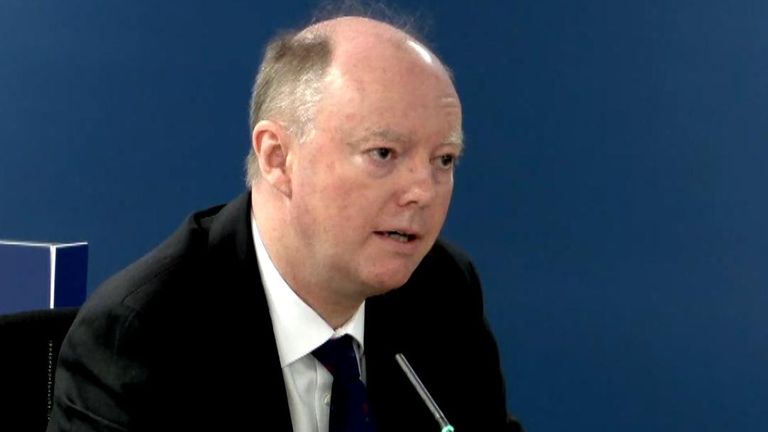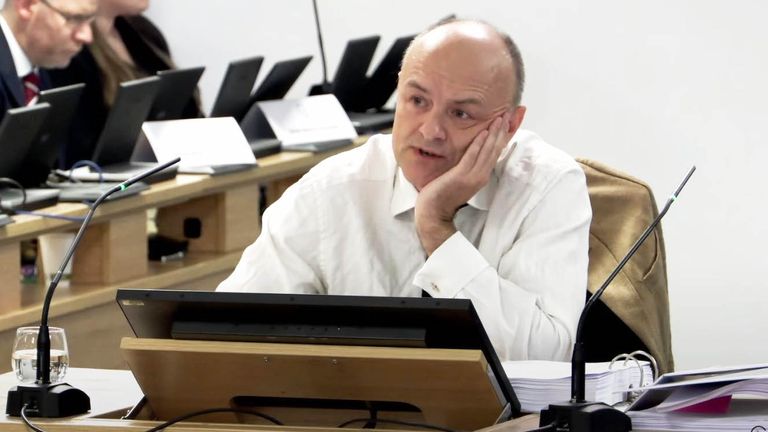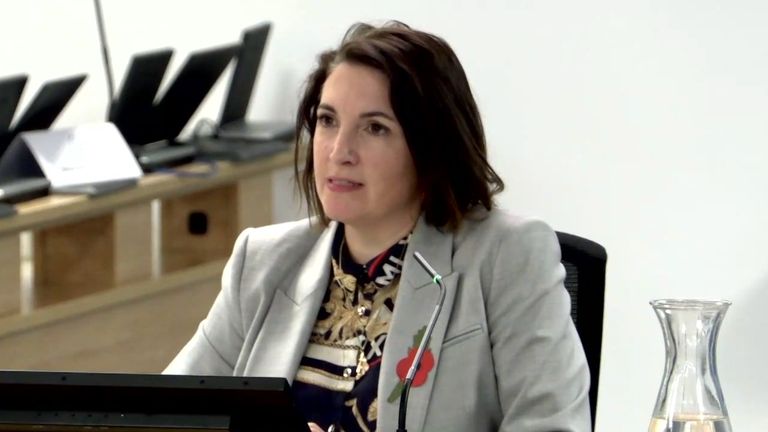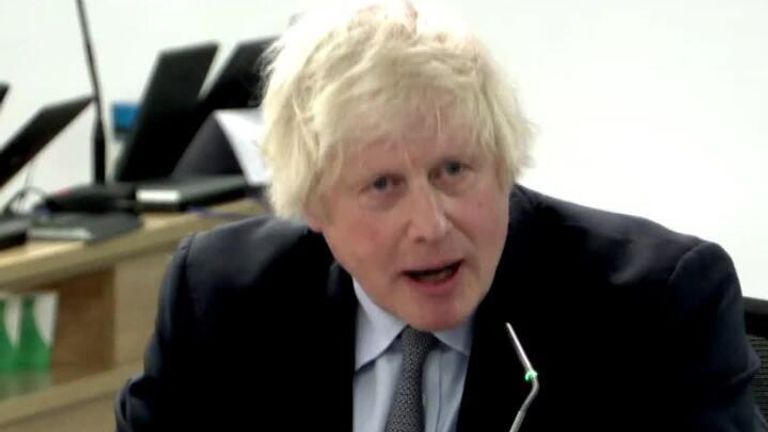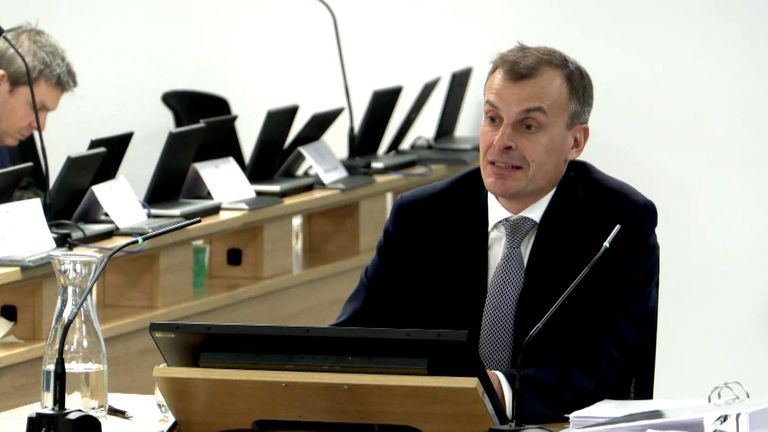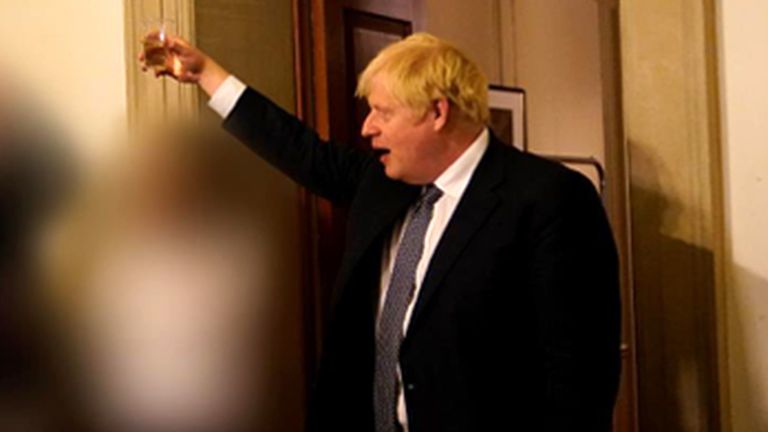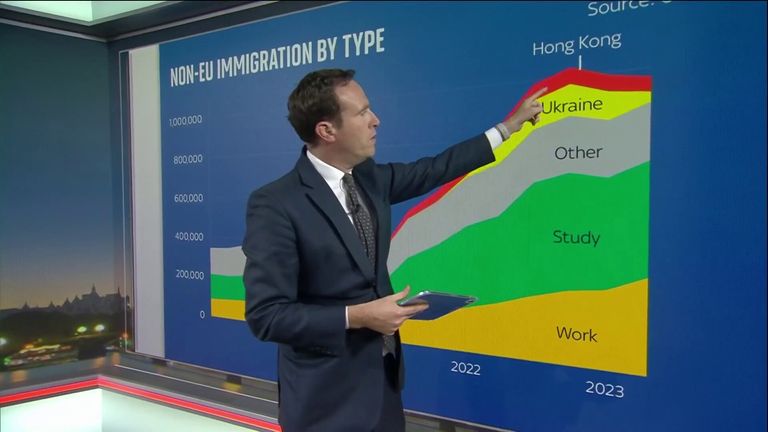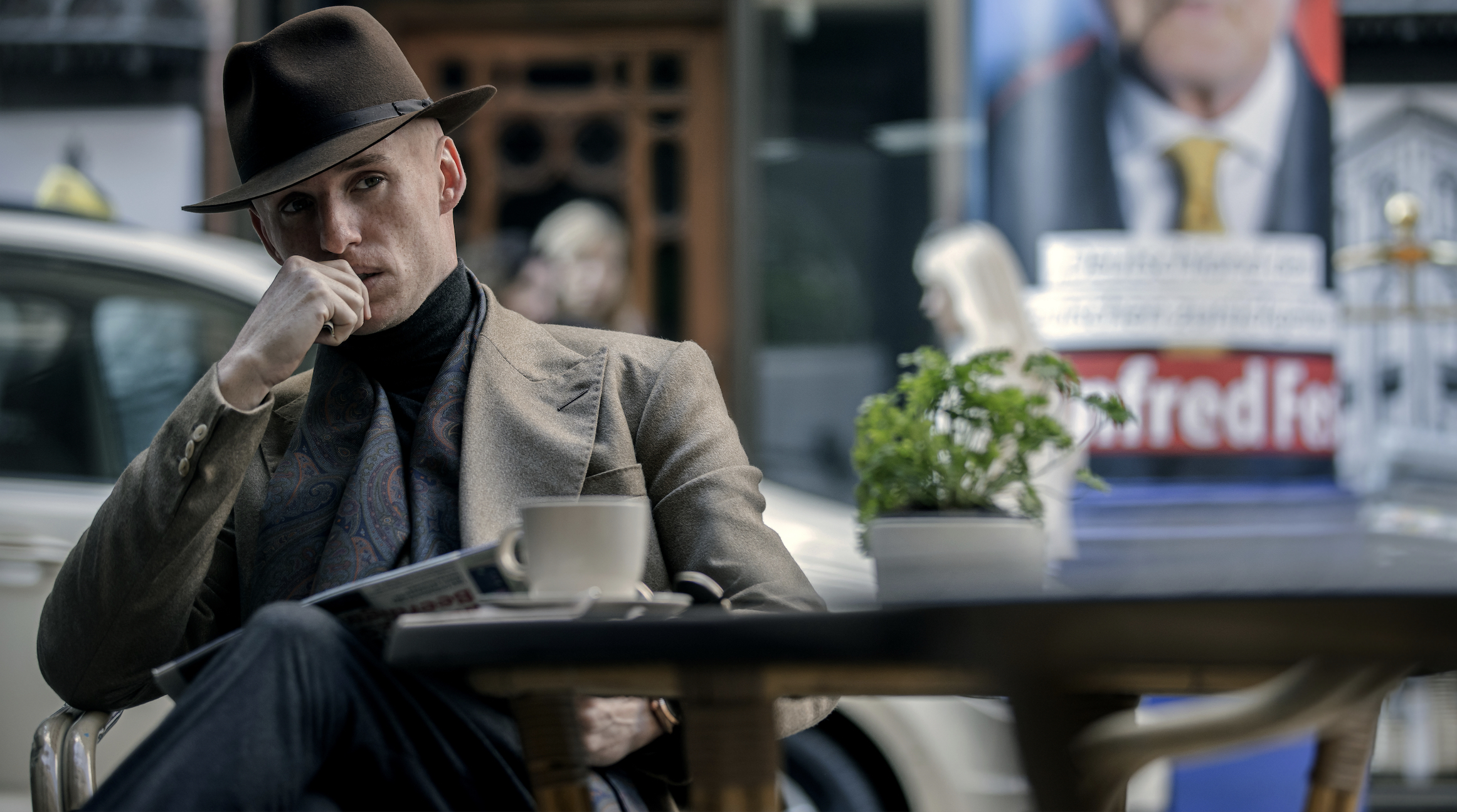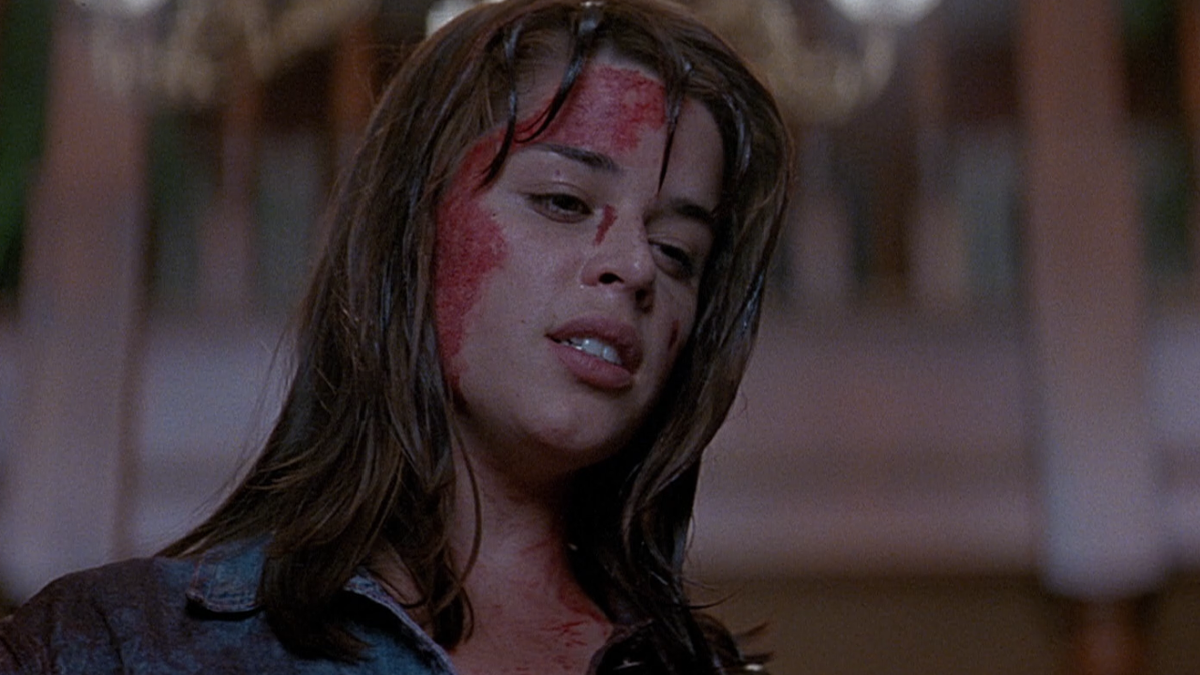After appearances from Boris Johnson, Matt Hancock and a range of Downing Street advisers, it is now time for Rishi Sunak to be questioned at the official COVID inquiry.
We take a look at what questions the prime minister – who served as chancellor throughout the pandemic – is likely to face.
Lockdown timing
Many of the hearings in this section of the inquiry have focused on whether the government locked down the country at the right time – or whether the decision was left too late.
While many of the advisers and ministers have said it was the latter, then prime minister Mr Johnson appeared to stand by his decision to wait – telling the inquiry he “can’t say” whether he would have “gone earlier”.
As a very senior member of the prime minister’s cabinet at the time, Mr Sunak is sure to be asked where he stands on the ongoing debate.
‘Just let people die’
Many who have faced the inquiry have suggested Mr Sunak had an aversion to locking down as he sought to protect the economy and, in turn, the Treasury’s coffers.
His scepticism is said to have grown throughout the crisis, telling one meeting that the government should be “handling the scientists, not the virus” – unbeknownst to him, the scientists were listening in.
But the most graphic allegation around his views came from an entry in the chief scientific adviser’s diary as senior figures discussed heading into a second national lockdown in October 2020.
Sir Patrick Vallance wrote that chief adviser Dominic Cummings claimed “Rishi thinks just let people die and that’s okay”.
We know from his top economic adviser, Clare Lombardelli, that Mr Sunak was told by officials to push back hard against a “catastrophic” circuit breaker in September.
But the now prime minister is sure to be asked about Mr Cummings’s remarks, and whether that is what he believed.
Working environment
Another element highlighted in several of the hearings were claims of a “toxic” culture inside Downing Street during the pandemic.
Deputy cabinet secretary Helen McNamara described the environment as “sexist” and “awful”, telling the inquiry how women were routinely “ignored” and issues that particularly affected them – such as childcare, domestic abuse and access to abortions – were not being considered.
She was also the subject of vitriolic messages from Mr Cummings, who used four-letter words and descriptions of how he wanted to “handcuff” her.
As a part of the top team, Mr Sunak may well be asked what his experience of working in Downing Street was throughout COVID.
Johnson critique
The pandemic prime minister has faced reams of criticism throughout the recent hearings – from being nicknamed a “shopping trolley” due to how much his opinion allegedly veered, through to claims he didn’t even understand the science being put to him.
As his right hand man in Number 11, Mr Sunak is likely to be asked for his opinion on Mr Johnson’s abilities, and his decision-making throughout.
And everyone else has been asked about what they thought of Mr Hancock too, so we can expect to hear Mr Sunak’s conclusions on the work of the then health secretary.
Eat Out to Help Out
This scheme, aimed at helping the hospitality sector recover after being hit hard by lockdowns, is one Mr Sunak has long celebrated.
He said the plan helped save millions of jobs in pubs, restaurants and cafes, as well as enabled people to return to doing the things they loved.
But soon after the scheme ended, studies were linking it to a rise in infections – which ultimately led to more deaths and a further lockdown – and that claim has been repeated at the inquiry.
One of the government’s senior scientific advisers, Professor Dame Angela McLean, even dubbed the chancellor “Dr Death” in messages to a colleague.
It was also revealed by Sir Patrick Vallance that the Treasury announced the scheme without seeking advice from scientists or medical advisers.
So we imagine a strong grilling of Mr Sunak over how he formed the policy, and the impact it had.
Partygate
One of the biggest stories to surface from the pandemic was the numerous lockdown breaking parties that took place in Downing Street.
There was palpable anger from the public as the gatherings began to be revealed, with stories of suitcases full of wine, karaoke machines and staff throwing up on the walls all surfacing.
However, it was a more sedate, albeit still rule-breaking affair – a birthday party for Mr Johnson in the Cabinet Room – that saw both Mr Sunak and his boss receive fixed penalty notices from the police.
The now prime minister has defended himself before, saying he was only in the room as he had arrived early for a meeting – though he did accept and pay the fine.
But having been found to have broken the rules and played a part in this national scandal, he is sure to face questions about it.

